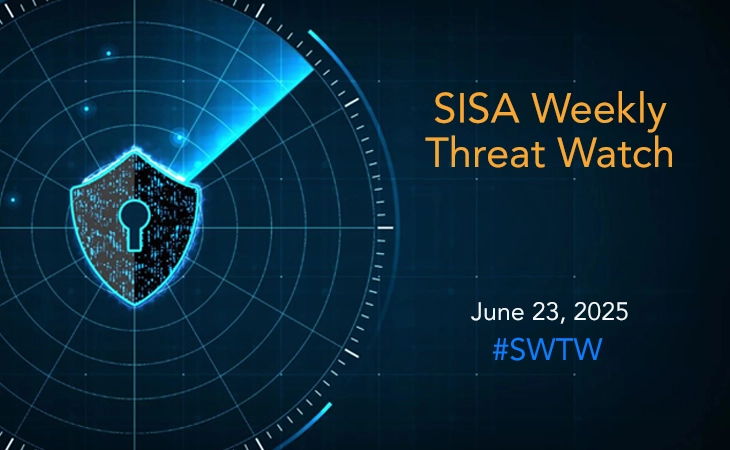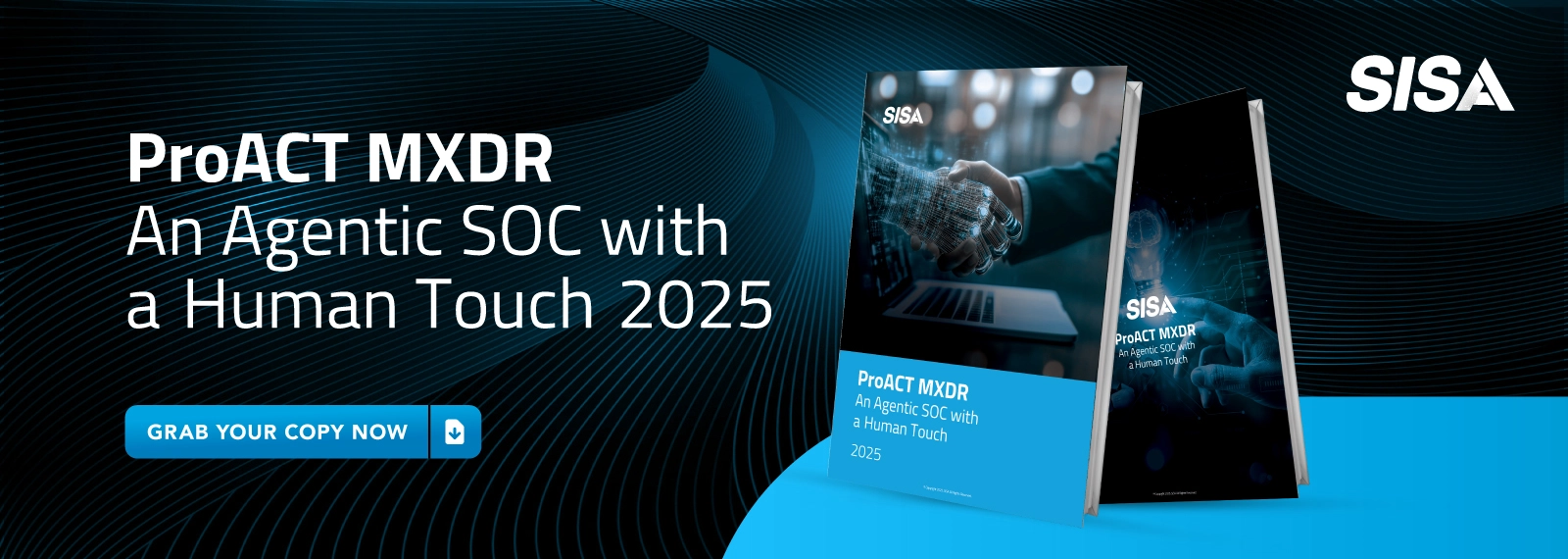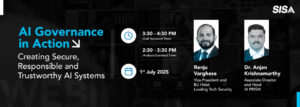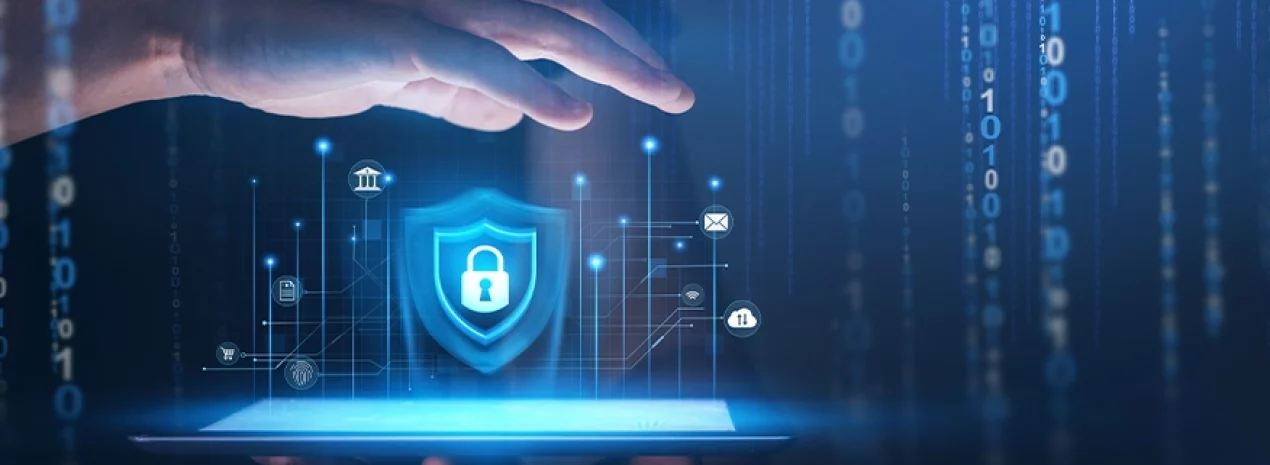
Top Leading Cybersecurity Courses in India for 2025
The demand for cybersecurity professionals is at an all-time high as organizations combat rising cyber threats, data breaches, and compliance challenges. With AI-driven attacks, ransomware, and evolving global regulations, companies need skilled professionals to safeguard their digital assets. Cybersecurity certifications provide valuable expertise, industry recognition, and career growth opportunities, making them essential for security professionals.
With the increasing adoption of digital payments, cloud computing, and AI technologies, the complexity of cybersecurity threats continues to evolve. As new vulnerabilities emerge, professionals must stay updated, enhance their expertise, and gain globally recognized certifications to remain relevant in this fast-changing landscape. If you’re looking to advance your career in cybersecurity, here are the top 5 cybersecurity certifications in India for 2025 that will help you stay ahead in the field.
Certified Information Systems Security Professional (CISSP)
The CISSP certification, offered by (ISC)², is widely regarded as the gold standard in cybersecurity, making it a must-have for experienced security professionals and industry leaders looking to advance their expertise. It validates proficiency in designing, implementing, and managing a robust security program, equipping professionals to take on key roles such as CISO, IT Security Engineer, Security Administrator, or Senior Security Consultant.
Key Domains Covered:
- Security & Risk Management – Covers fundamental principles of security governance, risk management, and compliance to help organizations mitigate threats effectively.
- Asset Security – Focuses on protecting organizational assets, including data classification, retention policies, and secure handling of information.
- Security Architecture & Engineering – Explores secure design principles, system architecture, and cryptographic applications to enhance cybersecurity defenses.
- Communications & Network Security – Provides insights into securing network infrastructures, preventing unauthorized access, and ensuring data confidentiality.
- Identity & Access Management (IAM) – Focuses on authentication, authorization, and identity lifecycle management to prevent unauthorized access.
Why Choose CISSP?
- Globally recognized certification – It is widely accepted by governments, corporations, and security firms worldwide.
- Demonstrates expertise – Holding CISSP proves a deep understanding of cybersecurity principles and the ability to manage complex security programs.
- Opens doors to leadership roles – Many companies prefer CISSP-certified professionals for managerial and executive security positions.
Certified Ethical Hacker (CEH)
The Certified Ethical Hacker (CEH) certification from EC-Council is ideal for penetration testers, ethical hackers, and security analysts looking to enhance their ability to identify and mitigate security threats. This certification equips professionals with the skills to think like a hacker and proactively strengthen security defenses. With a focus on penetration testing, attack detection, and vulnerability assessment, CEH is a valuable credential for those aiming to uncover and address security gaps before malicious attackers do.
Key Domains Covered:
- Penetration Testing – Covers tools and techniques used to simulate real-world cyberattacks and uncover security flaws.
- Threat Intelligence & Attack Detection – Teaches how to identify, analyze, and respond to cyber threats using intelligence-based techniques.
- Cloud Security & IoT Security – Focuses on securing cloud platforms, IoT devices, and emerging technologies.
- Social Engineering & Phishing Attacks – Explains human-centric attacks and how to mitigate risks through awareness and training.
- Malware & Ransomware Analysis – Provides insights into the latest malware trends and strategies to prevent infections.
Why Choose CEH?
- Hands-on learning – CEH offers practical, real-world hacking techniques to help professionals strengthen defenses.
- Recognized by top IT & security firms worldwide – Many companies prefer CEH-certified professionals for penetration testing roles.
- Helps organizations improve cybersecurity posture – Ethical hackers play a crucial role in identifying and fixing security gaps before attackers exploit them.
CompTIA Security+
The CompTIA Security+ certification is perfect for beginners and IT professionals transitioning into cybersecurity, providing a strong foundation in security concepts and practices. As a vendor-neutral, entry-level credential, it equips professionals with the essential skills needed to secure networks, manage risk, and respond to security incidents. Recognized globally, Security+ is an excellent starting point for those pursuing roles such as Security Administrator, IT Auditor, Systems Administrator, and Network Security Engineer.
Key Domains Covered:
- Threats, Attacks & Vulnerabilities – Covers common cyber threats, attack vectors, and risk mitigation strategies.
- Risk Management & Security Operations – Teaches best practices for securing IT systems, managing risk, and responding to security incidents.
- Cryptography & Network Security – Focuses on encryption, secure communication protocols, and identity management.
- Security Tools & Technologies – Introduces firewalls, antivirus solutions, and SIEM tools to detect and prevent cyber threats.
Why Choose CompTIA Security+
- Globally recognized foundational certification – It is an excellent starting point for cybersecurity careers.
- Covers a broad range of security concepts – Helps professionals build essential skills in cybersecurity operations.
- Prepares professionals for various cybersecurity roles – Security+ certification holders can work in IT security, risk management, and compliance.
Certified Payment Industry Security Implementer (CPISI)
With the rapid growth of digital payments, securing payment card data has never been more critical, making the CPISI certification by SISA Institute an essential credential for payment security professionals, PCI DSS consultants, and compliance managers.
This globally recognized program provides in-depth expertise in PCI DSS 4.01 implementation, equipping professionals with the skills needed to assess, implement, and maintain payment security frameworks. It is ideal for those pursuing roles as Payment Security Auditors, Security Consultants, and Compliance Officers.
For those seeking flexibility, CPISI Hybrid blends self-paced learning with expert-led live sessions, making it easier than ever to upskill without disrupting work schedules.
Key Domains Covered:
- Decoding Standard Requirements – Participants will learn how to interpret and apply the PCI DSS 4.0 requirements effectively to ensure compliance.
- Best Practices – The workshop covers proven security strategies and methodologies for implementing PCI DSS successfully.
- Technology Components – Gain an understanding of essential security technologies, including encryption, authentication, and risk mitigation techniques.
- Audit Expectations – Get guidance on what to expect during a PCI DSS audit, including preparation strategies and compliance best practices.
Why Choose CPISI?
- Essential for securing digital payment environments – Professionals gain deep expertise in PCI DSS compliance.
- Recognized by global payment security organizations – Helps companies strengthen payment security frameworks.
- Covers real-world forensic case studies – Learn from actual payment fraud cases to prevent security breaches.
Certified Information Security Manager (CISM)
The Certified Information Security Manager (CISM) certification, is a globally recognized credential tailored for security professionals who manage, oversee, and assess enterprise information security programs. It focuses on key areas such as risk management, governance, incident response, and security program development, making it an ideal choice for those transitioning into leadership roles.
Key Domains Covered:
- Information Security Governance – Establish and maintain an enterprise-wide security strategy
- Information Risk Management – Identify, assess, and mitigate security risks effectively
- Security Program Development & Management – Implement security frameworks & controls
- Incident Management – Build strategies for threat detection, response, and recovery
Why Choose CISM?
- Respected worldwide – Recognized by top corporations & government agencies
- Pathway to leadership – Helps professionals transition into CISO, Security Manager, or Risk Consultant roles
- Higher earning potential – CISM holders earn up to 42% more than non-certified professionals
Certified Security Professional for Artificial Intelligence (CSPAI)
With AI-driven cyber threats on the rise, organizations must secure their AI deployments. The CSPAI certification from SISA Institute is the first ANAB-accredited AI security certification, focusing on AI risk management, adversarial AI defense, and regulatory compliance.
Key Domains Covered:
- Cybersecurity for AI Deployments – Covers AI-specific security threats, vulnerabilities, and defensive measures.
- AI for Cybersecurity Functions: Teaches how to leverage AI for enhancing everyday (BAU) cybersecurity operations.
- AI Risk Management & Governance – Explains how to mitigate risks associated with AI applications and comply with regulations like the EU AI Act.
- Adversarial AI & AI-Based Threats – Focuses on defending against AI-powered cyberattacks and securing machine learning models.
Why Choose CSPAI?
- Prepares professionals for AI-driven cybersecurity challenges – Gain expertise in securing AI deployments.
- Aligns with global AI security & compliance regulations – Ensures compliance with NIST, ISO, and the EU AI Act.
- Recognized as a leading AI security certification – Helps professionals stand out in AI risk management.
Conclusion:
Cybersecurity certifications enhance credibility, boost career opportunities, and provide specialized skills to combat evolving cyber threats. Whether you’re a beginner, ethical hacker, payment security expert, or AI security specialist, these certifications will equip you with the expertise needed to excel in 2025 and beyond.
SISA’s ANAB-Accredited CPISI and CSPAI Certifications
SISA Institute offers industry-leading, ANAB-accredited certification programs in both payment data security and AI security through its CPISI and CSPAI certifications. The CPISI program is designed to equip professionals with the skills needed to implement PCI DSS 4.0 compliance effectively. It is available in three flexible formats: a 2-day public workshop with 16 hours of expert-led training, a CPISI Hybrid Workshop, which blends 10 hours of self-paced learning with 8 hours of live weekly expert-led sessions, and an in-house corporate training option for organizations with 15+ participants. For those seeking advanced expertise, CPISI Advanced and CPISI-D provide in-depth training on secure application development and advanced payment security frameworks.
The CSPAI certification, developed in collaboration with CERT-IN, is the world’s first ANAB-accredited AI cybersecurity certification. It empowers professionals to secure AI models, navigate AI compliance regulations, and defend against AI-driven cyber threats. With AI-driven attacks on the rise, CSPAI ensures that cybersecurity professionals stay ahead of evolving threats while helping organizations build a resilient AI security framework.
Latest
Blogs
Whitepapers
Monthly Threat Brief
Customer Success Stories
 USA
USA India
India APAC
APAC Middle East
Middle East Global
Global


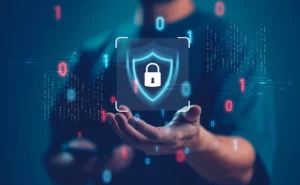

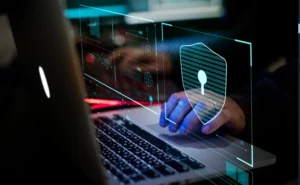

 Facebook
Facebook Linkedin
Linkedin  X
X Youtube
Youtube


